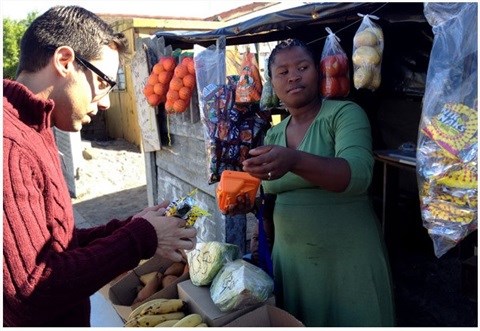Mobile money - time for a reality check?
Mobile money has far to go
There's a brilliant article by Susan Johnson, professor at the Centre for Development Studies at the University of Bath, in which she explores the big claims coming out about mobile money. I won't go into the details here, but Susan found that the 43% of GDP figure is hugely misleading. If you consider that only 9% of the value facilitated by the Central Bank's real time gross settlement system are through M-PESA, its clear that this is a bogus statistic. Susan's article, Kenyan mobile money and the hype of messy statistics, explains the premise and calculations in depth.

Subscriber numbers appear to have been overhyped too. The 26 million customer figure I referred to earlier (reported on the CBK website) is not a figure for unique customers. The data collected simply reports the total number of signups, without taking account of multiple registrations, hence it is not a figure for unique customers.
So, while M-PESA certainly has been a huge success, alternative figures provide more accurate, but less dramatic, comparisons.
My point here is that mobile money has not yet arrived, it has much further to go to meet its full potential. This rings true with what I have witnessed about the dominance of cash for the majority of consumers - not only in emerging markets, but also in first-world countries such as the US and UK where daily retail transactions are predominantly cash-based.
Prepaid products
Back in emerging markets, the vast majority of prepaid airtime vouchers and scratch cards are still paid for in cash. This is still the case for M-PESA's parent mobile network, Safaricom. The same is true for other prepaid products like electricity vouchers, bus and train tickets and other micropayments. These kinds of transactions may be small in value but they are huge in volume.
Operators need to acknowledge the power and prevalence of cash even as they continue to build on the gains in digital money.
Vahid will be discussing solutions for the cash to digital convergence at AfricaCom. His presentation is at 12.40 pm on Day 2 of the conference (12 November) under the Mobile Money and M-commerce stream. You can view the full AfricaCom agenda here.







